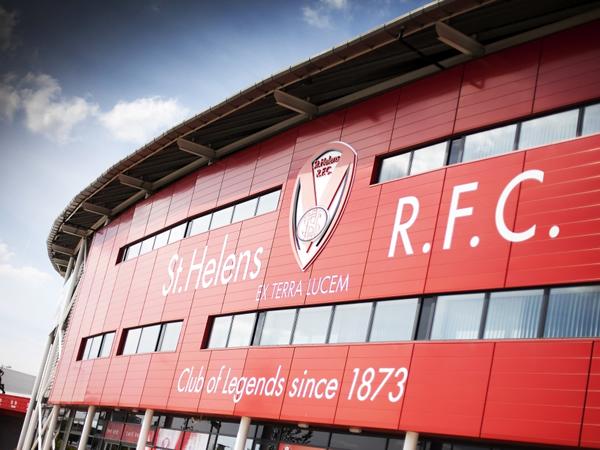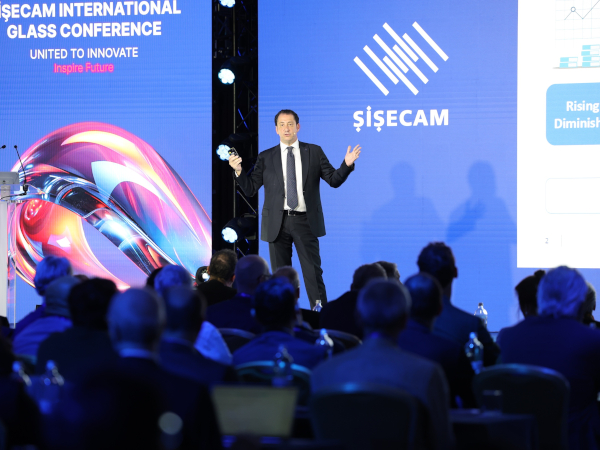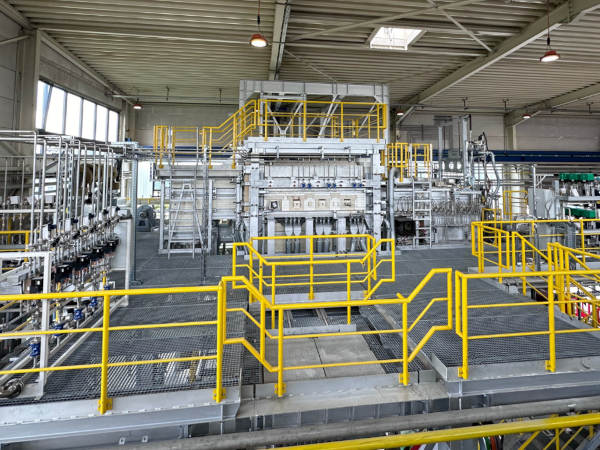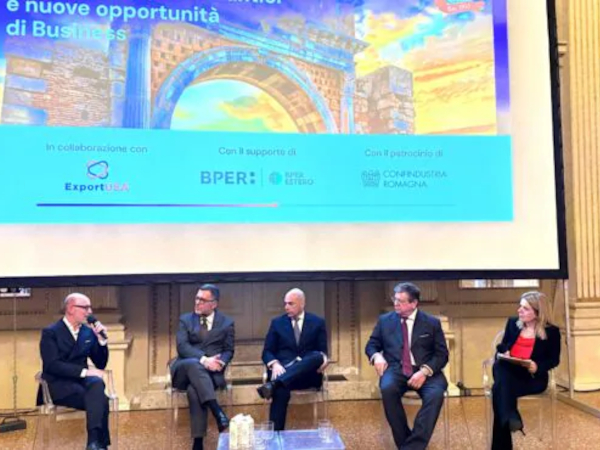
Date: 11 July 2019
Industry chiefs from across the UK and Europe will hear how they can influence and benefit from research into clean fuels and innovation to boost manufacturing productivity at the event, which is on sale now and is free to attend.
Attendees will set the agenda for how the £1.6bn UK sector and its supply chain can benefit from the ‘Glass Futures’ project.
A £40million research facility will be based in St Helens, while further funding will go to research institutes along the M62 ‘glass corridor’ where some of the industry’s largest manufacturers have bases.
Richard Katz, Director of Glass Futures, said today: “I invite anyone with a business or an interest in the glass sector or the supply chain to join me for one of the most important glass sector events of the year – ‘Glass – the future and £60million funding’. This conference will shape the future of the glass sector, its research into clean fuels, and its manufacturing productivity for the next century.
“If you want your business to be involved, and to benefit from this world-leading centre, then please make sure you are there.”
Glass Futures, a unique not-for-profit company, will bring researchers and industry experts together on the former United Glass site at St Helens and will have the first and only experimental furnace of its kind in the world.
It will initially be able to produce 30 tonnes of glass a day to research and develop innovative ways of reducing the environmental footprint of glass manufacturing processes. It will also explore technologies such as waste heat recovery, low-carbon fuel sources, novel raw materials, advanced process control systems, carbon capture and storage technologies, and new glass materials.
Manufacturing furnaces typically have a capacity of 300 to 800 tonnes production per day, and the smaller furnace will provide much greater flexibility in innovation and reduce the risk associated with trials on a larger scale.
Glass Futures will eventually develop new products and processes on an industrial scale, cutting both development time and risks for the next generation of glassmakers and entrepreneurs. Other foundation industries such as concrete and steel will be invited to have neighbouring bases to facilitate cross-sector working.
The project is set to create up to 50 jobs on site and another 1,000 jobs in the supply chain.
Dave Dalton, chief executive of British Glass, the representative body for the glass industry in the UK said: “By bringing together the best brains across the foundation industries we can put Britain at the forefront of cleaner, greener manufacturing globally, and help the country meets its carbon targets in line with the Government’s Industrial Strategy objectives.”
It is anticipated that the Glass Futures site could be up and running within a year from its commissioning, with pilot furnace trials taking place from the end of 2020. Funding is expected to come from both industry and Government, with the project managed initially by Glass Technology Services.
The plans for Glass Futures have already received a major boost from two important Government grants.
A Glass Futures bid to UKRI is designed to build on world-class research capability in the Northern Powerhouse to create global centres of excellence in glass technology and manufacturing in partnership with Sheffield, Sheffield Hallam, and Leeds universities. Glass Futures has already received initial funding from the UK Research and Innovation’s (UKRI) ‘Strength in Places’ fund to develop a further multi-million bid later this year to support this research.
If successful the larger bid will fund innovative research across the glass industry and its supply chain, and in organisations wanting to develop innovative approaches using glass materials and components.
Meanwhile the project organisers are also working with BEIS on their ‘Industrial Fuel Switching Project’ to identify alternative low carbon energy sources.
Councillor Richard McCauley, St Helens Council's Cabinet Member for Economic Development & Housing, said:
“St Helens is a place which encapsulates industry to ingenuity. We are a borough built on innovation – in glass, pharmaceuticals and manufacturing, and we can achieve such transformations again in the future.
“By combining the knowledge we have of the industry, we can be part of that innovation – and this event will demonstrate how important the Glass Futures project is to St Helens Borough.”
The conference will provide a valuable opportunity to engage with the Glass Futures team to help shape how this funding will be allocated.
For more details on the conference and how you can engage with the proposed opportunities, please visit the event's Eventbrite page.
 600450
600450








Add new comment